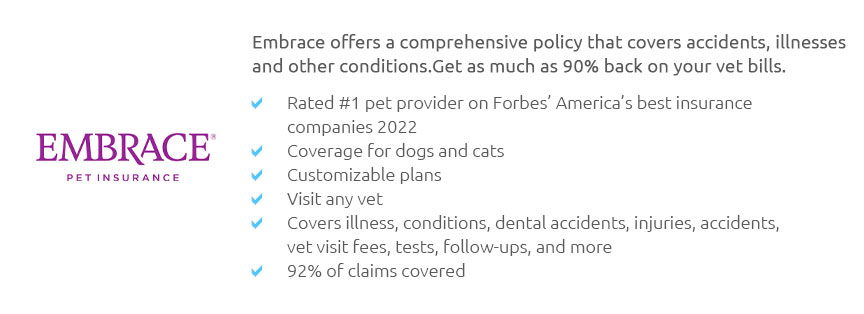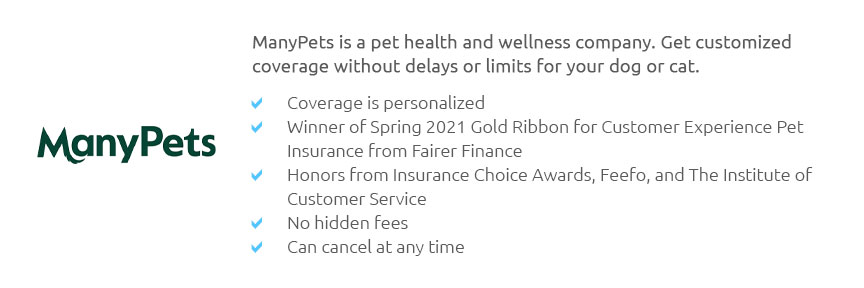 |
 |
 |
 |
 |
 |
|
 |
|
 |
|
 |
|
 |
|
 |
 |
 |
 |
 |
 |
 |
 |
Do I Need Third Party Pet Insurance?In a world where pets are increasingly viewed as integral members of the family, the question of whether to invest in third-party pet insurance often arises. This type of insurance, which primarily covers damages or injuries your pet might cause to others, presents a unique consideration for pet owners who are keen on safeguarding their financial wellbeing. But is it a necessity or merely an optional luxury? Let's delve into the intricacies of third-party pet insurance to help you make an informed decision. Understanding Third-Party Pet Insurance Third-party pet insurance is a specific kind of coverage designed to protect pet owners from financial liabilities resulting from their pet's actions. For instance, if your exuberant dog inadvertently knocks over a neighbor's expensive garden ornament, or if your cat's mischievous antics lead to a visitor's injury, this insurance can cover the costs. While it does not address your pet's health issues directly, it acts as a financial shield against unexpected incidents that could otherwise lead to substantial expenses. Who Should Consider It? Not every pet owner may find third-party insurance necessary, but it can be particularly beneficial under certain circumstances. Owners of larger breeds of dogs, known for their strength and sometimes unpredictability, might find this coverage especially reassuring. Similarly, if you live in a densely populated area or frequently have visitors, the likelihood of incidents increases, making this insurance a prudent choice. Furthermore, some countries or regions mandate third-party liability insurance for certain breeds, adding a layer of legal obligation to the decision. The Benefits and Limitations One of the primary advantages of third-party pet insurance is peace of mind. Knowing that potential financial burdens are mitigated can alleviate stress and allow you to enjoy your pet without constant worry. Additionally, it can enhance your relationship with neighbors and community members, as it demonstrates a proactive approach to pet ownership. However, it’s important to be aware of the limitations. Most policies will not cover incidents involving family members or those living within the household. Moreover, coverage limits and exclusions vary, necessitating a careful review of potential policies. Is It Worth the Investment? Deciding whether to invest in third-party pet insurance hinges on several factors. Consider your pet's behavior, your living environment, and your financial situation. If your pet is prone to unpredictable behavior, or if you live in a bustling community, the insurance could prove invaluable. Conversely, if your pet is generally well-behaved and your environment low-risk, you might opt to forego it. Ultimately, weighing the cost of premiums against the potential financial impact of an incident is crucial. FAQ What does third-party pet insurance cover? It covers damages or injuries your pet might cause to other people, animals, or property. Is third-party pet insurance required by law? In some regions, especially for specific breeds, it may be legally required. How much does third-party pet insurance cost? Costs vary based on the insurer, coverage level, and your pet’s breed and age. Can I get third-party coverage as part of a comprehensive pet insurance policy? Yes, many comprehensive policies include third-party liability as part of their coverage. Does third-party insurance cover injuries to my pet? No, it only covers damages or injuries caused by your pet to others. In conclusion, while not every pet owner might need third-party pet insurance, understanding its benefits, limitations, and the specific needs of your situation can guide you towards a decision that best protects your interests and those of your beloved pet. https://www.pawlicy.com/dictionary/third-party-liability-coverage/
Third-party liability coverage can protect you financially if your pet injures another person or damages someone else's property. - Insurance companies help by ... https://www.forbes.com/uk/advisor/pet-insurance/third-party-liability-insurance-dogs/
In some cases, third party liability insurance is a legal requirement for your dog. If you own a dog considered 'dangerous' under the 1991 ... https://www.comparethemarket.com/pet-insurance/content/third-party-dog-insurance/
What does third party insurance for dogs include? - Vet bills if your dog injures another pet - Costs of repairing damage caused to someone else's ...
|